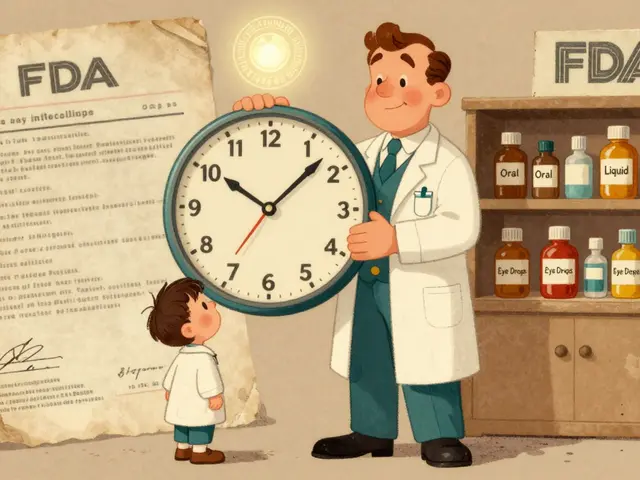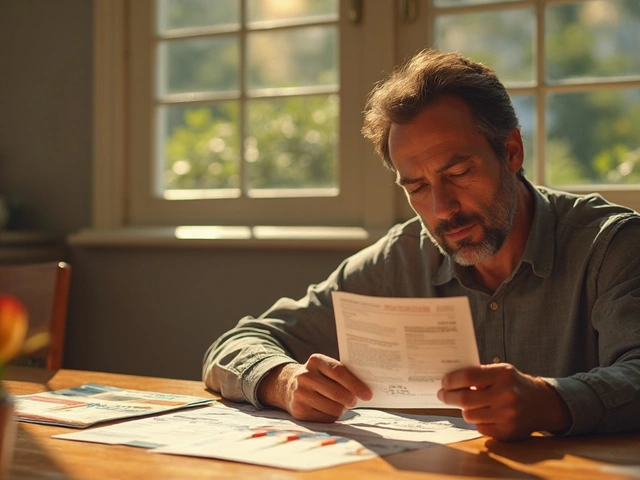UK Sleep Medication – What Works, How to Get It, and Buying Safely
Struggling to fall asleep? You’re not alone. The UK offers a mix of prescription sleep aids, over‑the‑counter (OTC) remedies, and natural options. Knowing which one fits your needs can stop the night‑time tossing and turning.
Prescription Sleep Aids: When You Need Stronger Help
The most common prescription pills are Zopiclone, Temazepam and Zolpidem. Your GP will usually start you on the lowest dose and only for a short period – typically two weeks – because the body can build tolerance fast. Ask your doctor about possible side effects like drowsiness the next day, memory gaps, or dependence. If you have a history of substance misuse, be extra careful – these drugs can be habit‑forming.
To get a prescription, book a face‑to‑face or video appointment, describe your sleep patterns, and be ready to discuss any other meds you’re taking. Keep a sleep diary for a week before the visit; it shows your doctor real evidence and may help you avoid a prescription you don’t need.
When the script arrives, you can pick it up at any NHS pharmacy or have it delivered through the NHS Electronic Prescription Service (EPS). If you prefer a private pharmacy, make sure it’s registered with the General Pharmaceutical Council (GPhC). This protects you from counterfeit pills.
OTC & Natural Options: Safer First Steps
If your sleep problems are mild, try OTC choices first. Antihistamines like Diphenhydramine (found in Benadryl) can make you drowsy, but they may leave you groggy. Melatonin tablets are legal without a script and work well for shift workers or jet lag. Start with a low dose (0.5 mg) and increase only if needed.
Herbal products such as valerian root, hops or passionflower are popular, but evidence is mixed. They’re generally low‑risk, but quality varies. Look for brands that list the exact amount of active ingredient and have a UK‑based manufacturing address.
Where to buy OTC sleep aids? Big high‑street pharmacies, supermarkets and reputable online stores all stock them. When buying online, check the site’s URL ends with ".co.uk" and that it displays a GPhC registration number. Avoid sites offering “fast shipping worldwide” without a clear pharmacy licence – they often sell fake or expired drugs.
Safety tips apply to both prescription and OTC meds: never mix sleep pills with alcohol, avoid driving after taking a dose, and tell your doctor about any health conditions like asthma, depression or liver disease.
In summary, start with lifestyle tweaks – limit caffeine after noon, keep a dark bedroom, and stick to a regular bedtime. If that doesn’t help, talk to your GP about short‑term prescription options. For milder cases, OTC melatonin or low‑dose antihistamines can be a good bridge. And whenever you order online, double‑check the pharmacy’s credentials to stay safe.
Buying Temazepam Online in 2025: A Safe and Legal Guide
Confused about buying Temazepam online in the UK? This hands-on guide covers where, how, and if it's legal, plus pro tips to avoid scams and stay safe.





